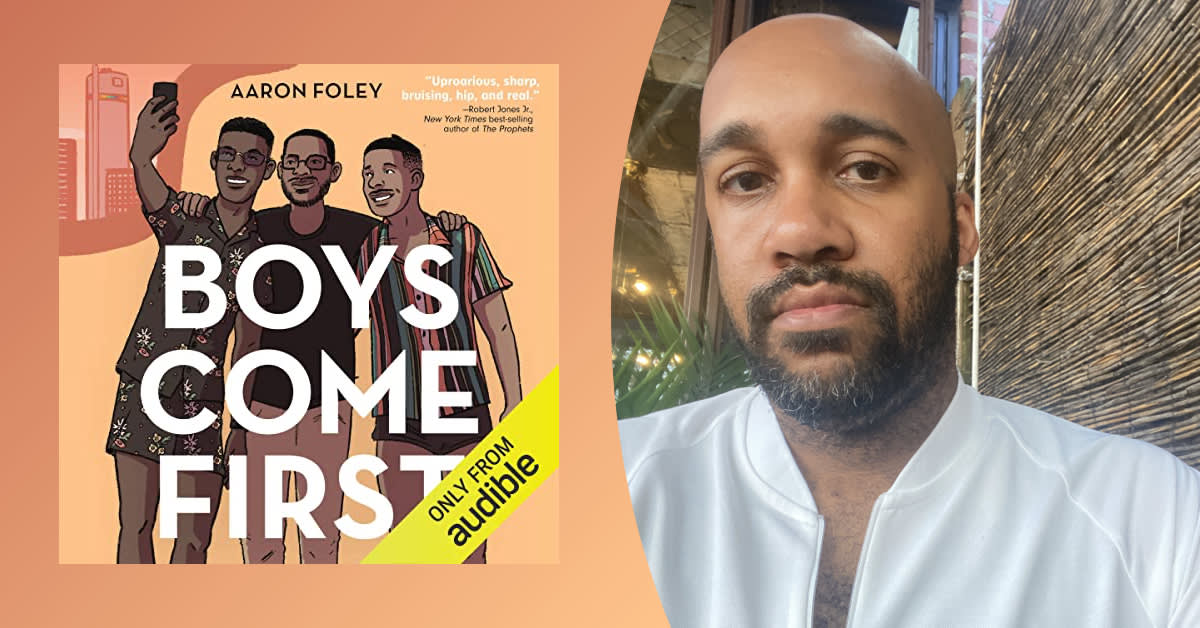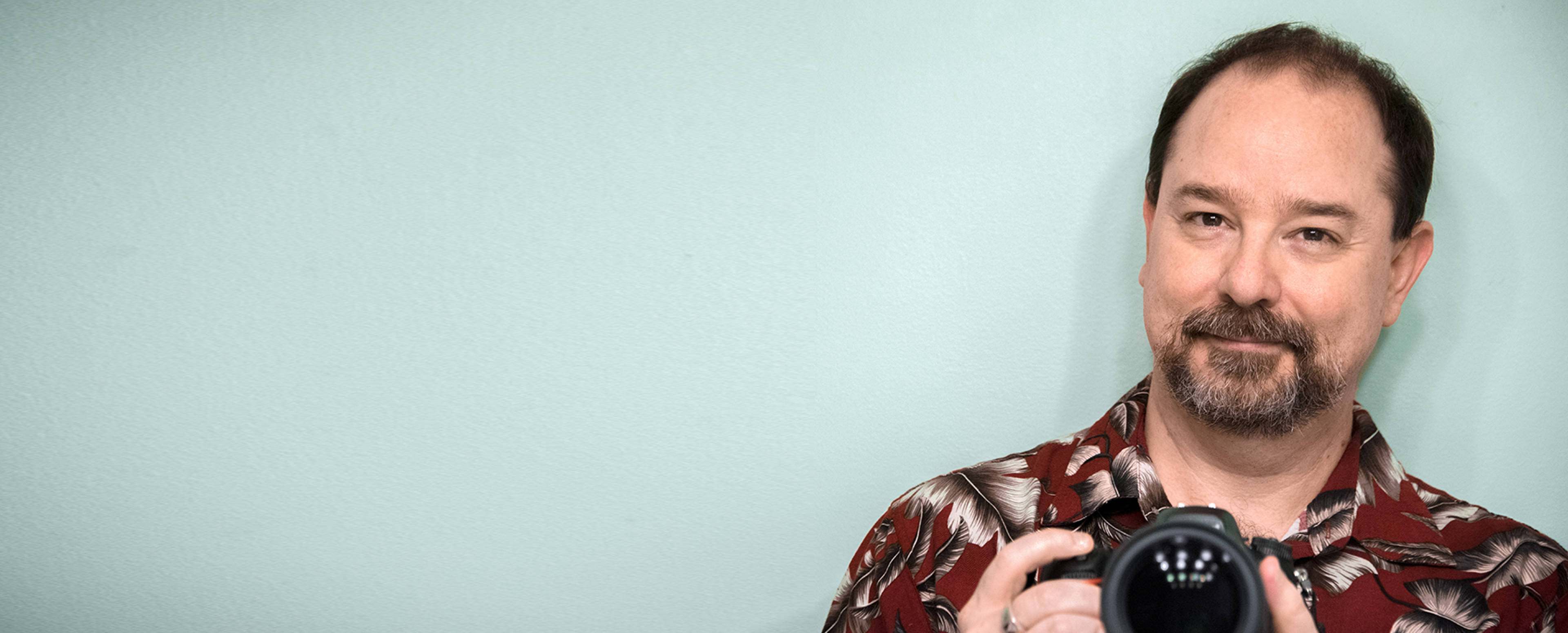Queer Black Voices
These novels and memoirs center the diversity and joys of the Black queer experience, while acknowledging the many inequalities faced by the community.
The Hidden Histories of Black Americans
American history is filled with brilliant Black figures, many of whose stories are finally coming to light in these revealing listens.
The History of Institutionalized Racism and Oppression
These acclaimed listens, unflinching in their excavations of American history, are critical to understanding and building an equitable future.
Exceptional Tween Fiction by Black Writers and Narrators
If you’re looking for captivating listens for you or your kids about Black experiences, these are some of the incredible listens that have won our hearts.
'Boys Come First' Is an Exuberant Expression of Queer Joy and Struggle in Detroit
Aaron Foley shares why he wrote his first novel, what inspires him, and what it means to be a Black gay millennial in the Motor City.
Quick Listens About Never-ending Wars
War is hell... but war audiobooks don't have to be! Our history editor curates a list of snappy, engaging listens about conflicts that were anything but.
Rufi Thorpe Picks Four Must-Hear Performances in Audible Plus
The author of 'Everyone’s Happy' recommends the listens you have to hear from her favorite narrator, Michael Crouch.
Herein Lies Hope: Luke Daniels on Listening for Solace
Veteran performer and debut “authorrator” Luke Daniels recommends the very best listens on grief that actually help.
María Antonieta Osornio, 'The Woman Who Knows How to Fly'
Luis Alberto Gónzalez Arenas, co-author of 'La Mujer Que Sabe Volar (The Woman Who Knows How to Fly),' reflects on how, even after a tragic accident, María Antonieta Osornio lives life to the fullest.
John Scalzi on Hidden History, British Sci-Fi, and More Listens He Loves
From space action to noir heaven, the sci-fi master reveals five must-hear gems in Audible Plus.
Jim Dale, narrator of the Harry Potter series
We sat down with the beloved stage, screen, and audio performer to talk about how he created hundreds of character voices to bring Harry Potter to life for U.S. and Canadian audiences.
Dipping My Toe Into the Body Positivity Waters
Audible Editor Courtney asks: Is body positivity a realistic goal right now? Some low-pressure self-development listens are helping her find her way.











